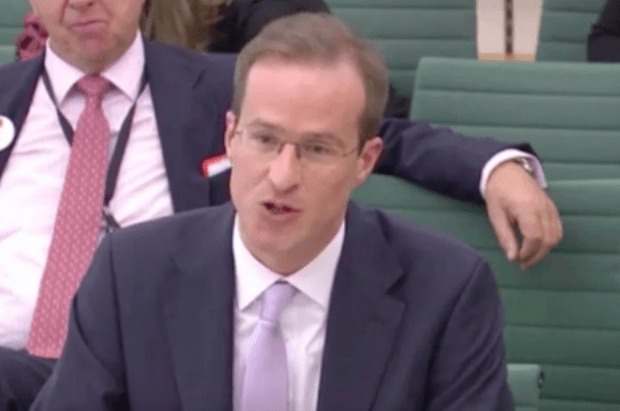As the Treasury Committee looks into the economic costs of the UK’s EU membership, several leading Brexit figures have been summoned to speak before the panel. However, Vote Leave’s Matthew Elliott’s continual absence has cast a shadow on proceedings.
The Vote Leave chief executive has turned down an invitation to speak before the committee not one, not two, but three times. His absence has repeatedly been mentioned during the EU sessions, with Andrew Tyrie, the committee chair at one point repeating Arron Banks’s description of Elliott as ‘Lord Elliott of loserville’.
As a result of these difficulties Tyrie had to summon Elliott to attend yesterday’s session under parliamentary order. Unsurprisingly he received a hostile reception on arrival as Tyrie tried to explain to the Brexit champion the problems he had caused:
AT: This is the first time I’ve felt the need to issue such a thing in order to secure a witness. The first time that I’ve ever seen it done on any committee I served and I’ve been on Select Committees for most of the 19 years I’ve been in Parliament. I think frankly that the difficulty of getting you here is scarcely consistent with the application that you put to be the lead campaigner for leaving the EU.
Do you accept now that it was a mistake to muck parliament around as you did?
ME: I regret that it’s dragged on
While Tyrie accused him of mucking the committee around, a stand-off occurred with Elliott reluctant to say that he regretted his behaviour. Given that Leave.EU’s Arron Banks co-operating fully when he was asked to appear before the committee, Mr S suspects that Tyrie must be beginning to wish the official designation decision had played out differently.







Comments